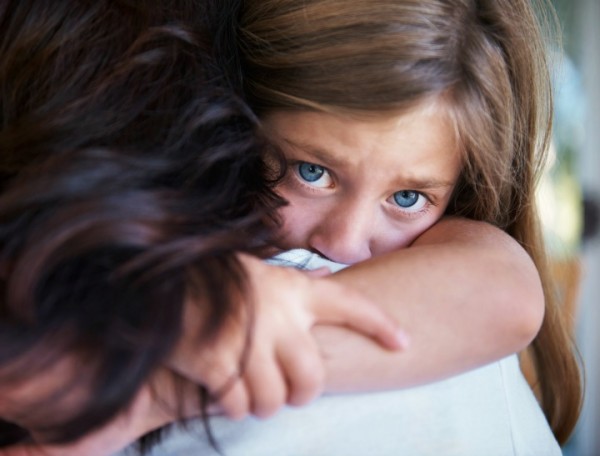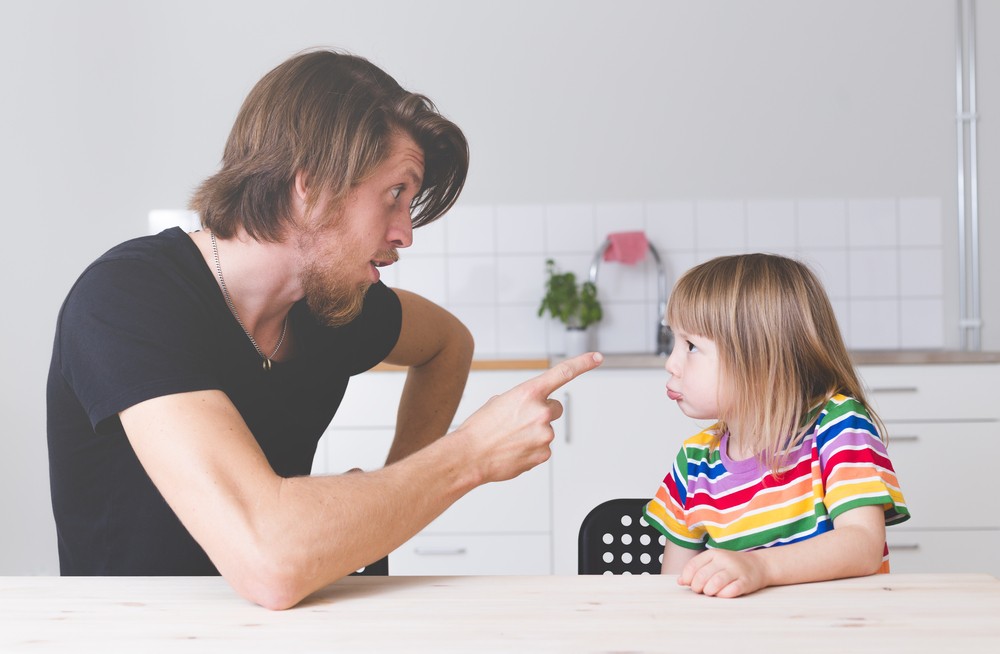Managing Custody During Corona

I’d like to share some insights and advice, based on my experience as a Certified Family Mediator and Certified Couples and Family Therapist, with a specialty in child therapy, and Certified Parent Counselor for children with ADHD.
Basic points of reference:
Children in divorced families have to deal with many issues, many of which go “underground”; no matter how good the relationship with the parents  may be, they often experience a conflict of loyalty, meaning they want to be true to both parents.
may be, they often experience a conflict of loyalty, meaning they want to be true to both parents.
Depending on their age and stage of development, most children in divorced families sense or imagine they are to blame for the split up. They also fantasize that their parents will get back together and “live happily ever after”.
The typical custody arrangement involves going back and forth between parents a couple times a week and alternating Shabbatot. In vacations or holidays- OR CORONA, they may have extended time with either or both parents.
Children with ADHD struggle when off routine. They also struggle with restriction of movement and ways to keep active. Know that they are not testing limits or trying to drive you crazy!
Tips for common issues:
First, remember: It’s up to us, the adults to set the tone for our family.
Then think: How do you want to come out of this challenging period? What example do you want to set for the children? How do you want them to remember this period? As quality family time OR as horrible, scary or confusing?
It is normal to have disagreements with your “ex” around visitation, rules or limits. But: Choose your battles! What is most important right now in the crisis and how will it impact the long run. Try to be flexible, knowing that everyone is challenged with juggling work/loss of work and home. You might find that you get what you give, for better or worse.
Give the benefit of the doubt. It is normal to experience some level of mistrust, but it is safe to say that in most families, although parents find it challenging to communicate and problem solve, the vast majority of parents want and do the best for their children.
Don’t expect the other parent to have the same rules or routines as you. Kids can learn and get used to different parenting styles, as long as they are consistent (and safe*). More damaging than different styles, is the underlying message that the other parent is wrong, stupid, childish, etc. *Only when a true safety issue is at hand, is it appropriate to be vocal, but-NOT through the children.
Do not send messages back and forth through the children, whether around schedules, possessions, or other day-to-day issues. The children will understand that you can’t communicate, or worse, that you are manipulating them, and it will make them feel insecure.
It can be tempting to disparage the other parent, (grandparents and extended family) or to expose their weaknesses and faults as you perceive them, especially when angry, disappointed or frustrated by them. However, this undermines them, and causes children to feel ashamed of loving them, or confused, and sets the stage for deepening the conflict of loyalty. This is one of the most damaging things a parent can “give” a child! It can be the first step to Parental Alienation Syndrome, most damaging long-term for children. Children should NEVER be expected to be loyal to one parent at the other’s expense. You can be sure they also understand your non-verbal messages very well!
NEVER ask them if they want to go the other parent. It’s not their choice, just as you wouldn’t ask them if they want to brush their teeth or go to school (when in session…) You are sending a message that it is their choice or worse, an expectation that you hope they say no.
NEVER involve them in conflicts over their heads such as money and other issues in court proceedings.
While the children are with you, here are some tips for keeping sane and keeping going:
Make schedules, but know they are flexible: for getting up in the morning, work/school, meals, free time, chores, etc.
Be sure to set aside time alone for yourself; even 15-20 minutes a day can take the heat off.
Set aside quality time for you and your children, for talking about how you feel, for doing something fun. Take turns suggesting fun activities: movies  with popcorn, games, puzzles, exercise classes, etc. Exercise is critical to physical and mental health, particularly when we are home all day and quite possibly eating more than ever!
with popcorn, games, puzzles, exercise classes, etc. Exercise is critical to physical and mental health, particularly when we are home all day and quite possibly eating more than ever!
Try to eat at least one meal a day with your children with healthy choices. Some meals will be quick survival-mode preparation, but some should be more creative and interactive. Get everyone involved in making menus, trying new skills in the kitchen, promoting creativity and togetherness.
Stress causes impatience. This is knowledge, not an excuse. Each adult must be responsible for self-regulation, setting a good example for the children, who will need help with self-regulation. (Don’t say “Calm down” and expect it to work.) Mutual consideration contributes to mutual respect.
Keep news watching at a minimum. Most of it repeats itself and ends up causing greater stress! Children will need guidance and to have their concerns addressed.
I can help you with these and other issues. Write me or call me; I have special Corona rates for online therapy.
Wishing good health and well-being for all.



